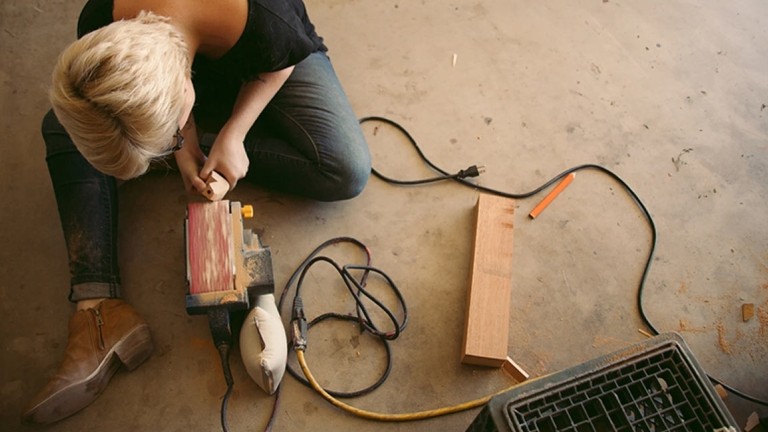What’s the deal with private mortgage insurance?
When you’re saving up to buy a home — your first home, especially — it’s exciting to watch the savings grow. My husband and I were very proud when we had saved enough to make a 15% down payment on our first house. After talking with our mortgage loan officer we were shocked to learn that without a full 20 percent down payment, we would be required to add private mortgage insurance (“PMI”) to our loan.
PMI typically becomes part of your monthly mortgage payment, in addition to your principal, interest, property tax and homeowners insurance. Similar to interest, property tax and homeowners insurance, the money spent on PMI does not build equity in your home. PMI is arranged by your lender and provided by private insurance companies and is meant to protect the lender if you fail to make payments on your home loan.
The rate for PMI depends on several things, including your credit score, the amount of money you have for your down payment and your insurer. Typically, the premiums for PMI can range from $30-70 per month for every $100,000 borrowed. So, if you bought a home with a value of $300,000, you might pay about $150 per month for private mortgage insurance, according to Zillow.
PMI is a fact of life for many first-time homebuyers, but that doesn’t have to diminish your home buying dreams. Credit unions are often able to offer lower mortgage insurance rates than banks or mortgage brokers.
It definitely pays to compare mortgage programs, because in addition to offering different rates and fees, they also have different PMI requirements. For instance, conventional loans offer the choice between a one-time premium up front or monthly payments. Both programs have pros and cons. An OCCU mortgage loan representative can look at your particular situation and explain which option might be more favorable for you. For example, if you have negotiated for the seller to pay part of your closing costs, you may want to use part of the seller concessions to pay the one-time up-front PMI premium. On the other hand, if you’re close to the 20% equity and plan to refinance soon, or if your home is in an area experiencing rapid home value appreciation, the monthly premium may be the best choice. Some loans programs, such as the FHA program, require both an upfront premium and a monthly payment. VA loans, on the other hand, are guaranteed, even with nothing down, so no PMI is required.
Keep in mind that PMI isn’t forever. Talk to your lender about how to get PMI removed. Some loan programs will allow PMI to fall off automatically once the loan reaches 78% of the original loan amount. This doesn't take into consideration if your home has appreciated in value, so don’t be afraid to talk with your lender about removing PMI coverage. Your lender can pull up an automated value of your home to see if the computer determines that you have enough equity. If the automated value agrees with your estimate, the PMI may be dropped.
If the automated value comes back lower than expected you may choose to pay for a full appraisal through the lender to be completed on your home to get a more accurate value. A local real estate agent can be a great help in analyzing your current home value before you spend the money for your appraisal. Don’t be afraid to reach out to the agent who helped you buy the home in the first place.


